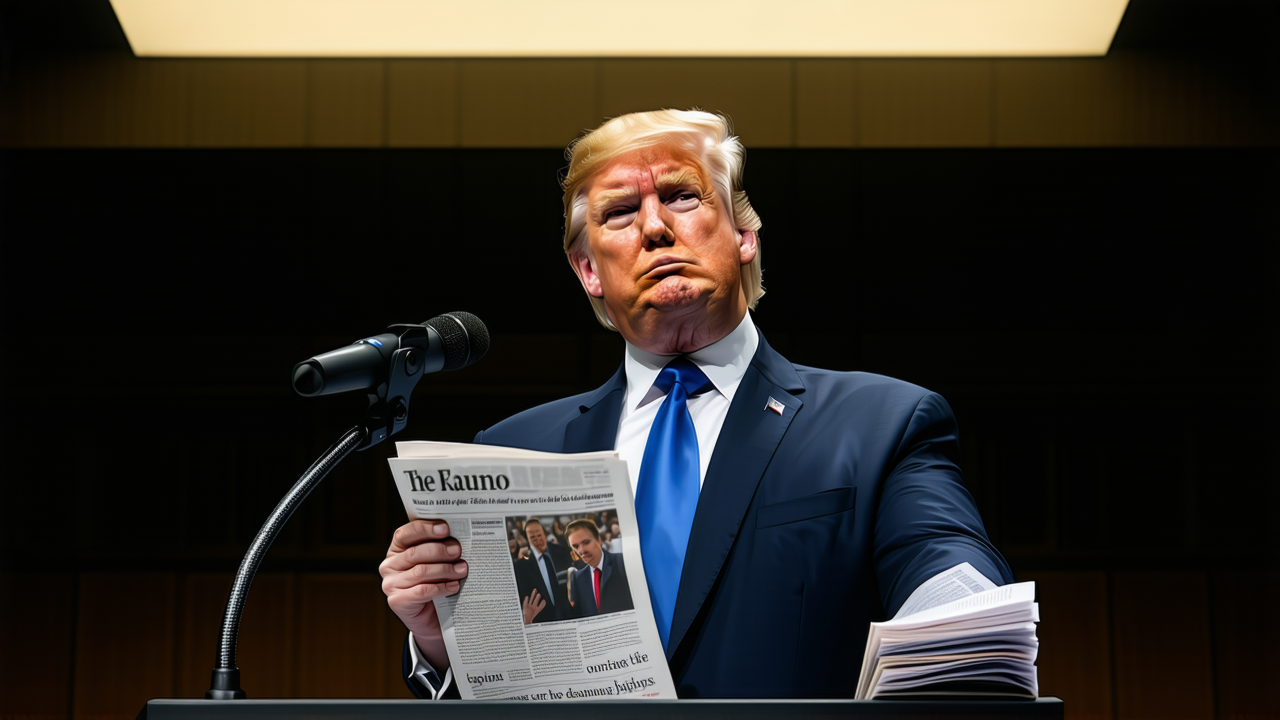Winston Peters' Immigration Comments Spark Outcry Over 'Divisive Rhetoric' and 'Cynical Politicking'
Winston Peters' Immigration Comments Spark Outcry Over 'Divisive Rhetoric' and 'Cynical Politicking'
In an interview with the Herald, Winston Peters, leader of the New Zealand First party, has drawn sharp criticism for his remarks on immigration, with opposition parties accusing him of using divisive rhetoric and engaging in cynical political strategy. His comments have reignited a long-standing debate over the role of migration in New Zealand’s future.
Peters expressed concerns about the rising number of migrants entering the country and referenced what he described as an “alarming development” in European nations like England. He claimed that these countries are facing challenges due to the influx of migrants who, in his words, “don’t salute the flag, don’t salute the values of the country, don’t salute the people who were there before them, don’t respect the right to have your own religion.” He suggested that New Zealand is witnessing similar issues and that those who do not align with national values should not migrate to the country.
The comments were met with strong opposition from two of the main opposition parties. Ricardo Menendez March, the Greens’ immigration spokesman, called Peters’ remarks a “tired, decades-old playbook of blaming migrants” and argued that the focus should be on more pressing issues such as pay equity and emergency housing reforms. He emphasized that the Greens are committed to creating jobs, building public housing, and ensuring that migrant workers are treated with dignity and respect.
Labour’s Phil Twyford criticized Peters for engaging in “cynical politicking,” arguing that the issues New Zealanders care about most—such as the cost of living—are being overshadowed by divisive rhetoric. He highlighted the vital role that migrants play in the country’s economy and society, stating that they “enrich our communities” and that it is harmful for politicians to stoke division between groups.
Prime Minister Christopher Luxon echoed this sentiment, emphasizing that immigration must be aligned with the country’s economic agenda and supported by appropriate infrastructure. He noted that New Zealand has accelerated residency pathways through the Green List to address job shortages and ensure that migration supports the needs of local communities.
Peters, however, defended his stance, reiterating that NZ First has long believed in prioritizing the training and employment of New Zealand citizens before relying on immigration. He acknowledged that while the country has made progress, there is still a need for stronger initiatives to connect secondary school students with employment opportunities and to ensure that infrastructure is in place to support both migrants and locals.
As of May 2025, New Zealand recorded a net migration gain of 15,000, driven by 140,000 arrivals and offset by 125,000 departures. While arrivals have decreased from a peak of 235,000 in late 2023, they remain above the long-term average of 119,000. However, the net gain remains below the historical average of nearly 28,000 due to the high number of departures.
The debate over immigration policy in New Zealand continues to be a polarizing issue, with Peters’ comments adding fuel to the fire. As the country grapples with the challenges and opportunities of migration, the political discourse has become increasingly charged, with each side arguing for their vision of a future that balances economic growth, social cohesion, and national identity.
